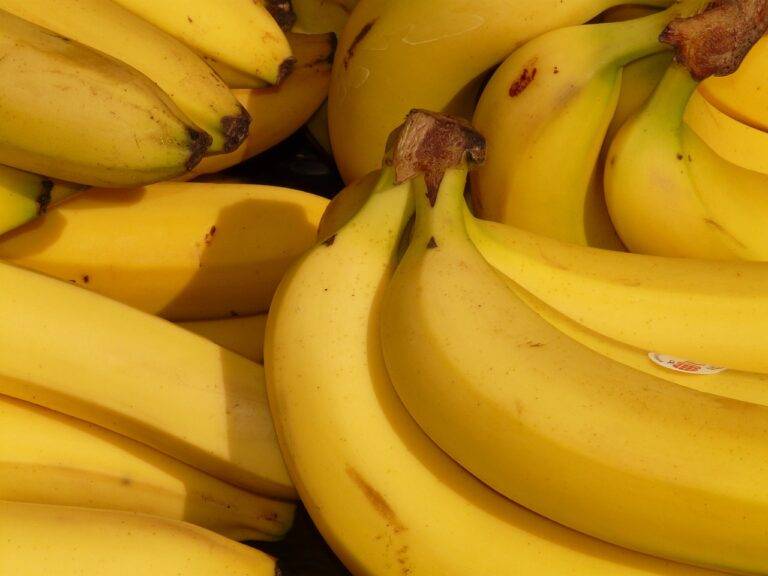The Rise of Plant-Based Dairy Alternatives: Navigating the Options
Plant-based dairy alternatives have witnessed a surge in popularity in recent years as more individuals seek out dairy-free options for various reasons. With concerns about animal welfare, environmental impact, and personal health on the rise, consumers are turning to plant-based alternatives as a viable and ethical substitute. This shift in consumer behavior has led to an increase in the availability and variety of plant-based products in supermarkets and restaurants, catering to a growing demand for dairy-free options.
Additionally, the growing awareness of lactose intolerance and dairy allergies has contributed to the popularity of plant-based dairy alternatives. For individuals who struggle with digesting dairy products or experience adverse reactions to them, plant-based alternatives provide a suitable solution that allows them to enjoy similar tastes and textures without compromising their well-being. As a result, plant-based dairy alternatives have become more mainstream and accessible, appealing to a wider audience seeking healthier and more sustainable options in their diets.
Understanding the Health Benefits of Plant-Based Dairy Alternatives
Plant-based dairy alternatives offer numerous health benefits that make them an attractive option for many consumers. These products are typically lower in saturated fats and cholesterol compared to traditional dairy products, which can contribute to improved heart health and lowered risk of cardiovascular diseases. Additionally, plant-based dairy alternatives are often rich in vitamins, minerals, and antioxidants, providing a nutrient-dense option for those looking to enhance their overall well-being.
Furthermore, plant-based dairy alternatives are a great choice for individuals with lactose intolerance or dairy allergies. These alternatives do not contain lactose, making them easier to digest for those who experience discomfort after consuming dairy products. By opting for plant-based dairy alternatives, individuals can still enjoy the creamy textures and flavors they love without the negative side effects that come with traditional dairy consumption.
Exploring the Different Types of Plant-Based Dairy Alternatives
There is a wide variety of plant-based dairy alternatives available on the market today, catering to different taste preferences and dietary restrictions. One popular option is almond milk, which is made from ground almonds and water. It is a creamy and nutty alternative to cow’s milk, rich in vitamin E and low in calories.
Another common plant-based dairy alternative is coconut milk, which is made from the flesh of mature coconuts. It has a slightly sweet and tropical flavor, making it a great addition to both sweet and savory dishes. Coconut milk is also a good source of healthy fats and can be a suitable option for those following a dairy-free or vegan diet.





